Africa’s share of the world’s published research has risen markedly since the turn of the century and South African researchers in particular have enjoyed strong growth. Even so, the entire continent’s annual contribution to global published research is about the same as the Netherlands’, and South Africa’s entire annual output equals that of Harvard University.
These are some of the research publishing trends and comparisons that came to light during Unisa’s 2018 Research & Innovation Week, running from 26 February to 2 March.
“Based on total Web of Science papers, there were four times as many articles by African authors in 2016 compared to 2000, and a 280% increase in the number of South African authors in this timeframe,” said Dr David Green, Digital Resources Director of the Taylor & Francis Group, who gave the keynote address at the opening of the Unisa event.
Commenting on Africa’s improving position in the global research publishing industry, Green said the continent’s share of global research had increased from 2.31% in 2010 to 3.24% in 2016.
“South Africa is now on 0.99%,” he said, adding that, after Egypt, the country was the biggest contributor in Africa, followed by Algeria, Nigeria and Kenya.
The top research topics that African researchers are writing about are electrical and electronic engineering; infectious diseases; public, environmental and occupational health; materials science and environment sciences. While the natural sciences dominate, the social sciences are making their presence felt, especially in education and educational research, economics and psychiatry.
Among the BRICs countries, Green said South Africa’s research output in quantitative terms was well behind that of Brazil, India, China and Russia.
South Africa doing better on quality, transformation
However, where South Africa is coming into its own is in the number of citations its researchers receive – citations being “a rough proxy” for quality content. In 2016, the global average for citations per article was just over 1.1. South Africa is a fraction away from this, and ahead of China, Japan, Brazil, India and Russia. “South Africa is very close to the world average and you will soon overtake that, I am sure,” Green said.
He also reported a positive shift in the demographic profile of South African researchers.
“Academia in South Africa has historically been disproportionately white, but the proportion of black academics has risen over the past decade. With white academics retiring, black academics will comprise over 50% of the academic and researcher workforce by 2025.”
However, black women academics are still substantially underrepresented, Green said, referring to a November 2017 article in Nature, which reported that black women – the largest demographic group in South Africa – accounted for only 14% of academics in South Africa in 2015.
Technology signals change
Outlining the impact of technology advances, he said research journals were rapidly moving into the digital world, and especially into online, open access formats. “In the United Kingdom, 37% of research is now open access and China is up to 40%; around 25% of South African research is now published open access – the global average.”
He said blockchain technology and artificial intelligence are set to transform research, and scholarly communication in particular. “Blockchain technology allows data to be stored in an open, decentralised database, without any centralised authority. As the technology progresses and is adopted, some of the familiar challenges facing research—transparency, accessibility, reproducibility and the assignment of credit—may become solvable.”
The downside of technological advancement was the emergence of new types of academic misconduct, such as image manipulation and the misuse of electronic systems to “trick” peer reviewers. “But with technology, it could also be argued that we now have the tools to better identify, prevent and address these issues.”
Welcome and opening address: Launch of the Research and Innovation WeekView the VC’s full speech in SA’s eleven official languages: |
Keynote address: Gala Dinner and Research Awards CeremonyView the VC’s full speech in SA’s eleven official languages: |
*By Clairwyn van der Merwe


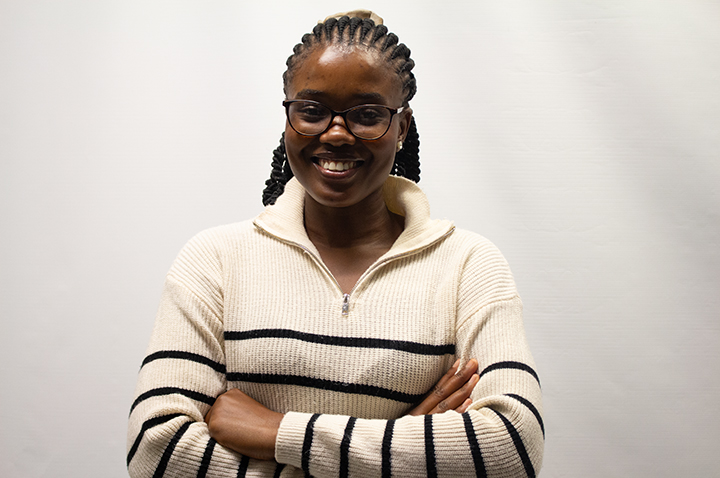 Unisa PhD student selected for prestigious UN programme
Unisa PhD student selected for prestigious UN programme
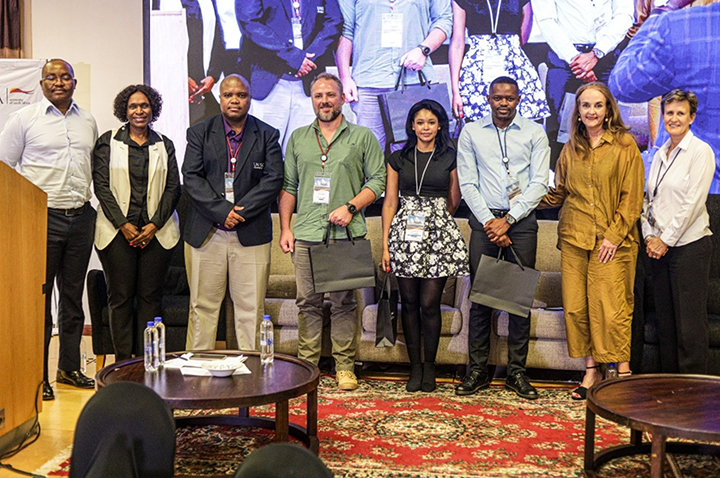 Project positions Unisa at the forefront of aviation-led development
Project positions Unisa at the forefront of aviation-led development
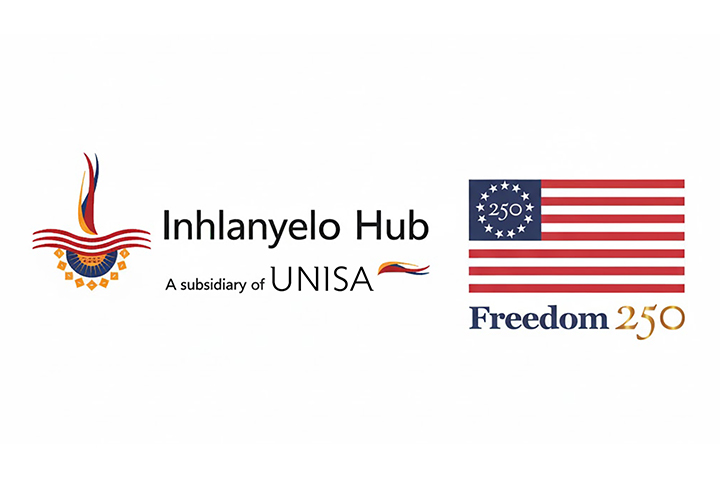 Unisa to host roundtable focusing on women-led innovation ecosystems
Unisa to host roundtable focusing on women-led innovation ecosystems
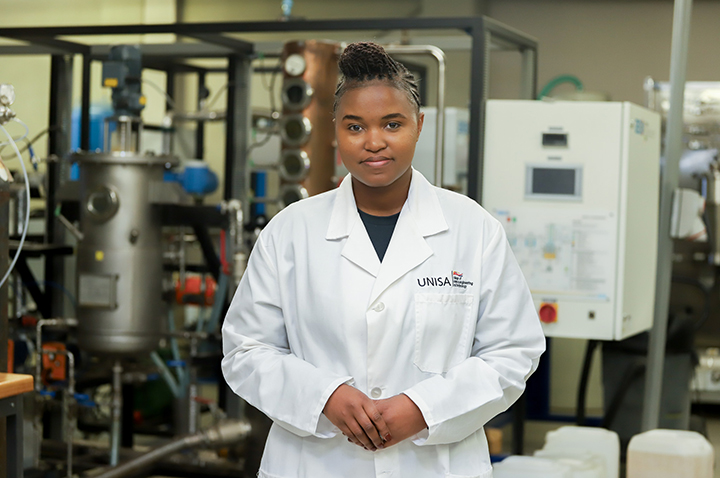 Unisan selected for Future Professors Programme
Unisan selected for Future Professors Programme
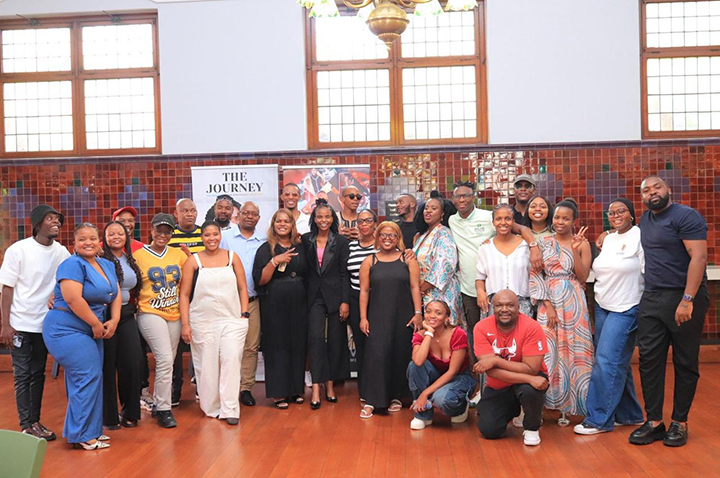 Unisa Radio marks a very special milestone
Unisa Radio marks a very special milestone